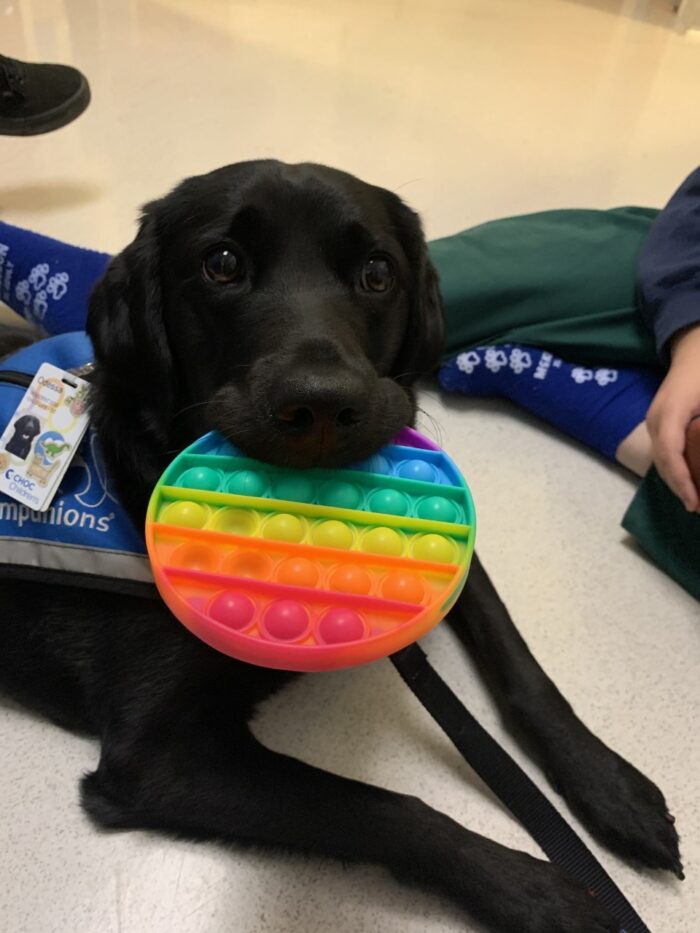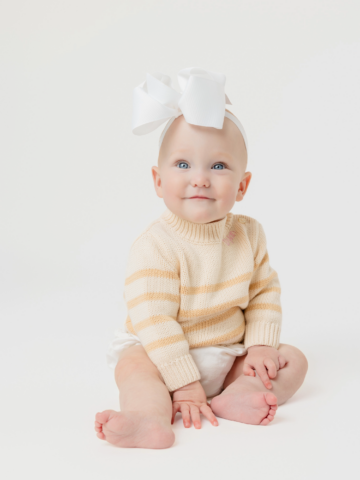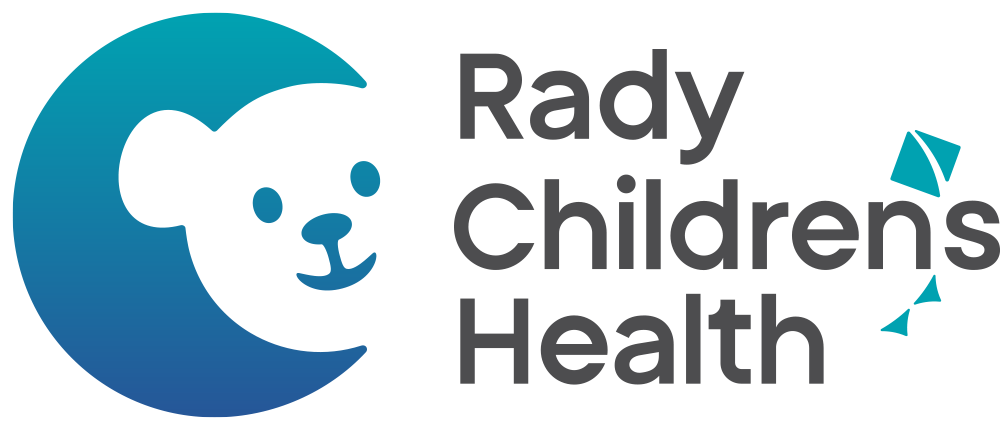Content warning: The following article contains references to suicidal ideation, abuse and difficult life experiences. If you or someone you know is at risk of hurting themselves or others, call 9-1-1 immediately.
Entering a hospital can be an intimidating and stressful experience for anyone, but for children and teens struggling with mental illnesses, it can be particularly overwhelming. In such a vulnerable moment, receiving a coping kit filled with comforting toys and activities can make all the difference in helping children feel more at ease.
At CHOC, we believe that mental health is just as important as physical health, and the high-quality, compassionate care and resources we offer our patients are enhanced through philanthropy. Thanks to the Toy Foundation’s Children’s Hospital Play Grants program, in partnership with the Children’s Hospital Association, all patients admitted to CHOC’s Cherese Mari Laulhere Mental Health Inpatient Center (MHIC) receive a coping kit that includes a journal, stress ball, squishy stuffed animal, model magic clay, pop-it fidget toy, stickers and crayons. Since October 2022, 600 patients have received a mental health coping kit.
Increasing patients’ positive coping skills
These kits offer a warm welcome and a positive distraction, increase positive coping skills and invite our mental health patients to the center in a friendly way. These toys become tools used during the coping process to remove, lessen or simply help get our patients through stressful situations. With these tools at hand, they can maintain and enhance their feelings of well-being.
“Often, patients come to our unit and cannot identify one coping skill,” says Janessa Ahrens, a CHOC child life specialist at the MHIC and handler of CHOC’s resident dog, Odessa. “By providing these safe items to each patient, we present them with an opportunity from the very beginning of their stay to practice healthy coping skills.”

Ahrens has found that the most-utilized items in the coping kits are the model magic clay and the journal. Patients are seen actively using the clay during anticipated tough family meetings, check-ins with the doctors and therapists, in group therapy sessions, when they are in their rooms for the night, and in their free time. It is used as a fidget toy to keep their hands busy and reduce social anxiety, but also as a coping mechanism when feeling strong emotions. Similarly, patients frequently turn to their journals as a way to express how they are feeling or to doodle, recenter, and take notes during group therapy sessions.
Incorporating play therapy into daily care can relieve stress, positively impact the child’s well-being, and ultimately improve treatment outcomes.
“The extraordinary physical, emotional, and educational benefits of play are well documented,” says Pamela Mastrota, executive director of The Toy Foundation. “We are delighted to support CHOC in delivering the healing power of play to the children and families they serve every day.”
How journaling transformed a CHOC patient’s journey toward wellness
After difficulties with substance abuse, suicidal thoughts, parent conflict and an extensive history of abuse throughout childhood, Lily*, an older teen, was admitted to the MHIC.
During hospitalization, Lily had a difficult time communicating her emotions and expressing to her parents how she was feeling. At times, she could not even tolerate being in the same room with them.
However, she loved the staff at CHOC, especially Odessa, the resident dog dedicated to the MHIC and supported solely through philanthropy.
Eventually, with encouragement from her child life specialist and therapist, Lily started to write down her feelings in the form of poetry. Using the journal that she received in her coping kit when she first arrived at the center, she found clarity through the act of putting pen to paper to express and process her thoughts.
In one emotionally-charged family meeting, she brought her journal and read her poetry to her parents. She also used the model magic clay from her coping kit as a resource during those stressful conversations. It was a huge step forward for her to be able to identify and communicate her feelings.
Throughout her stay, she continued to journal. And, even upon discharge, Lily shared with her CHOC care team that journaling had become a healthy release for her emotions and plans to continue with it as a tool to prioritize her mental health.
“I have been a first-hand witness to seeing children and teens’ faces light up and walls break down once they receive a coping kit. These kits provide them with something that is intentionally given to aid in comfort and a provide a sense of belonging,” says Ahrens.
“Thank you to The Toy Foundation for your incredible donation to supply the Cherese Mari Laulhere Mental Health Inpatient Center coping kits at CHOC. These coping kits have made a direct impact on patients’ ability to have positive coping tools throughout their inpatient hospitalization.”
*Identifying details have been changed to protect the privacy of the patient.
How you can help
Read more about the impact philanthropic support makes to meet the increasing demand for pediatric mental health care in Orange County.




